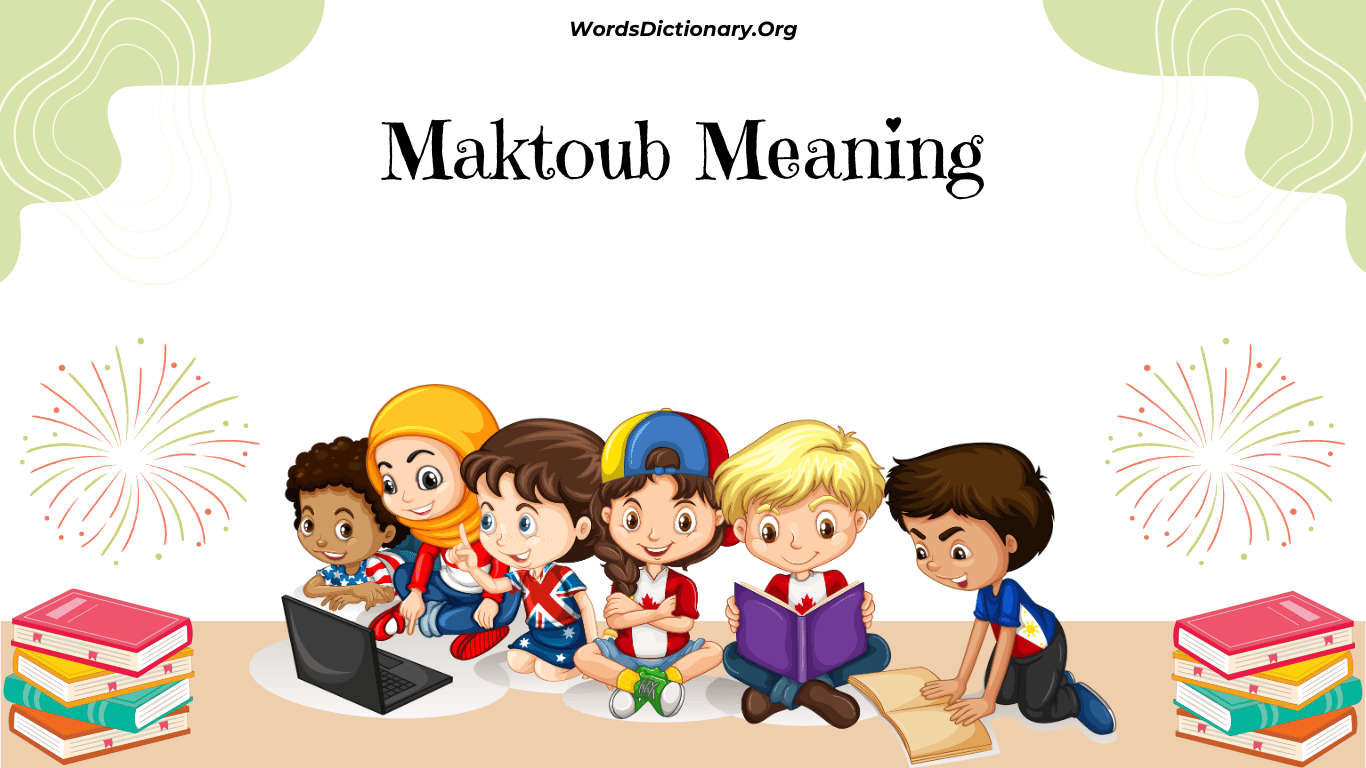Understanding the Meaning of 'Pre' and 'Post': A Dive into Temporal Prefixes
Meaning of 'Pre' and 'Post': Exploring the Temporal Significance
Language is a dynamic and ever-evolving entity, continually adapting to our evolving understanding of the world around us. Within the vast lexicon of the English language, prefixes play a crucial role in conveying nuanced meanings. Two such prefixes, Pre and Post, hold significant temporal significance, allowing us to navigate the chronological aspects of our existence. In this article, we will delve into the meaning of 'Pre' and 'Post,' their usage in language and everyday life, and how they help us understand and describe events in time.
1. Unveiling the 'Pre' Prefix
The prefix 'Pre-' is derived from the Latin word "prae," meaning "before." When 'Pre-' is added to a word, it signifies that something occurs or exists before a particular event or point in time. For example:
Prehistoric: Referring to a time before recorded history, often associated with the Stone Age and early human civilizations.
Preparation: The act of getting ready or making arrangements before an event or task.
Prevent: To take action in advance to stop something from happening.
'Pre' allows us to express the concept of anticipation, preparation, or precedence in time.
2. Exploring the 'Post' Prefix
Conversely, the prefix 'Post-' also has Latin origins, originating from "post," which means "after." When 'Post-' is added to a word, it signifies that something occurs or exists after a particular event or point in time. For example:
Postwar: Relating to the period after a war has ended, often characterized by reconstruction and recovery.
Postgraduate: Referring to education or studies pursued after completing an undergraduate degree.
Postpone: To delay an event or action until a later time.
'Post' allows us to express the concept of subsequent events, follow-up actions, or actions that occur after a specific event.
3. Everyday Usage
The use of 'Pre' and 'Post' extends beyond specialized vocabulary. These prefixes are commonly used in everyday language to describe various aspects of our lives:
Preparation: We prepare our meals before eating them, ensuring they are ready and suitable for consumption.
Postscript: In letters and written communication, a 'P.S.' (postscript) is often added after the main message to include additional thoughts or information.
Prejudice: This term describes preconceived opinions or attitudes formed before understanding or examination of the facts.
These prefixes help us convey the temporal sequence of events, whether we're discussing a meal, a letter, or our attitudes and judgments.
4. A Tool for Clarity
'Pre' and 'Post' are invaluable tools for clear and precise communication, especially when discussing timelines, sequences, or order of events. They help us avoid confusion by explicitly indicating when an action or condition occurs in relation to another.
Conclusion
'Pre' and 'Post' are not mere linguistic components; they are windows into the temporal dimension of our existence. These prefixes allow us to articulate the intricate details of events, preparations, and sequences in a way that is both concise and comprehensive. So, the next time you encounter 'Pre' and 'Post' in your conversations or readings, remember that they are bridges to understanding the intricate tapestry of time that weaves through our lives, enabling us to express our thoughts and experiences with precision and clarity.

Comments
Post a Comment